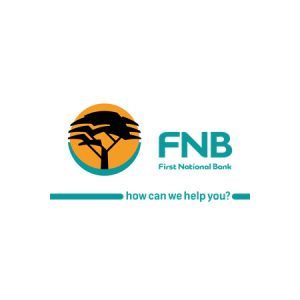How Islamic residential property finance works for all members of society
Purchasing a home remains an important milestone and one of the most significant investments that one will ever make. While the process may seem daunting, the need for one to do their homework regarding the various available financing options remains key.

One option is Islamic Residential Property Finance, which is available to all members of society. This financing arrangement is modelled on the principal of ‘Diminishing Musharaka’, an innovative construct adopted by FNB Islamic Banking. Islamic finance is governed by the principles of Islamic commercial law or Shari’ah, which forbids the charging or receiving of interest, amongst others.
“Under this agreement, the bank and the client enter into a co-ownership agreement with respect to an identified property. Each party’s proportionate share in the property is based on their respective financial contribution to the co-ownership arrangement. The client then commits to buy the bank’s share of the property with an agreed-upon profit mark-up periodically, normally on an annual basis. This results in the bank’s share being diminished completely over the term of the finance arrangement. At the end of the term, the client becomes the sole owner of the property,” explains Amman Muhammad, CEO of FNB Islamic Banking.

Muhammad provides an example of a property that is on the market for R1 million. You are subject to a normal credit assessment, and based on the outcome, finance will be granted in relation to the ratio of the risk assessed. If the amount approved by the bank is R900 000, the bank will acquire a 90-percent stake in the property and you will have to provide the remaining R100 000, in which case you will initially have a 10-percent stake in the property.
Over the duration of the agreement, the bank will sell off its 90-percent stake in tranches to the client, with a fixed profit mark-up that is reviewed annually. The co-ownership agreement ends once the client has acquired the bank’s stake in the property making them the sole owner of the property.
“The main advantage of the FNB Islamic Residential Property Finance agreement is that it offers a competitive fixed-price deal in volatile economic conditions. It provides a degree of certainty for the customer through annual price reviews and can accommodate a lump-sum purchase periodically of the bank’s stake in the property. In other words, you know exactly what your repayments are each month, similar to a fixed-rate loan, but with the flexibility of an annual review,” says Muhammad.
To qualify for this form of property finance, you must individually or jointly meet the necessary credit criteria. Islamic Banking applies a principle of risk-based pricing which is primarily dependent upon the Islamic banking base rate (IBBR); your credit score; the property’s valuation; and your relationship with the bank.
“This is a credible Shari’ah compliant alternative to conventional property finance. It is an innovative product that provides clients with an alternative property financing option that is both flexible and Shari’ah compliant. Its unique features make it a viable option for any client, Muslim or otherwise, wishing to expand his or her property portfolio, revamp or re-finance an existing property,” concludes Muhammad.
INFO SUPPLIED BY FNB. PIC SOURCED FROM GOOGLE.

